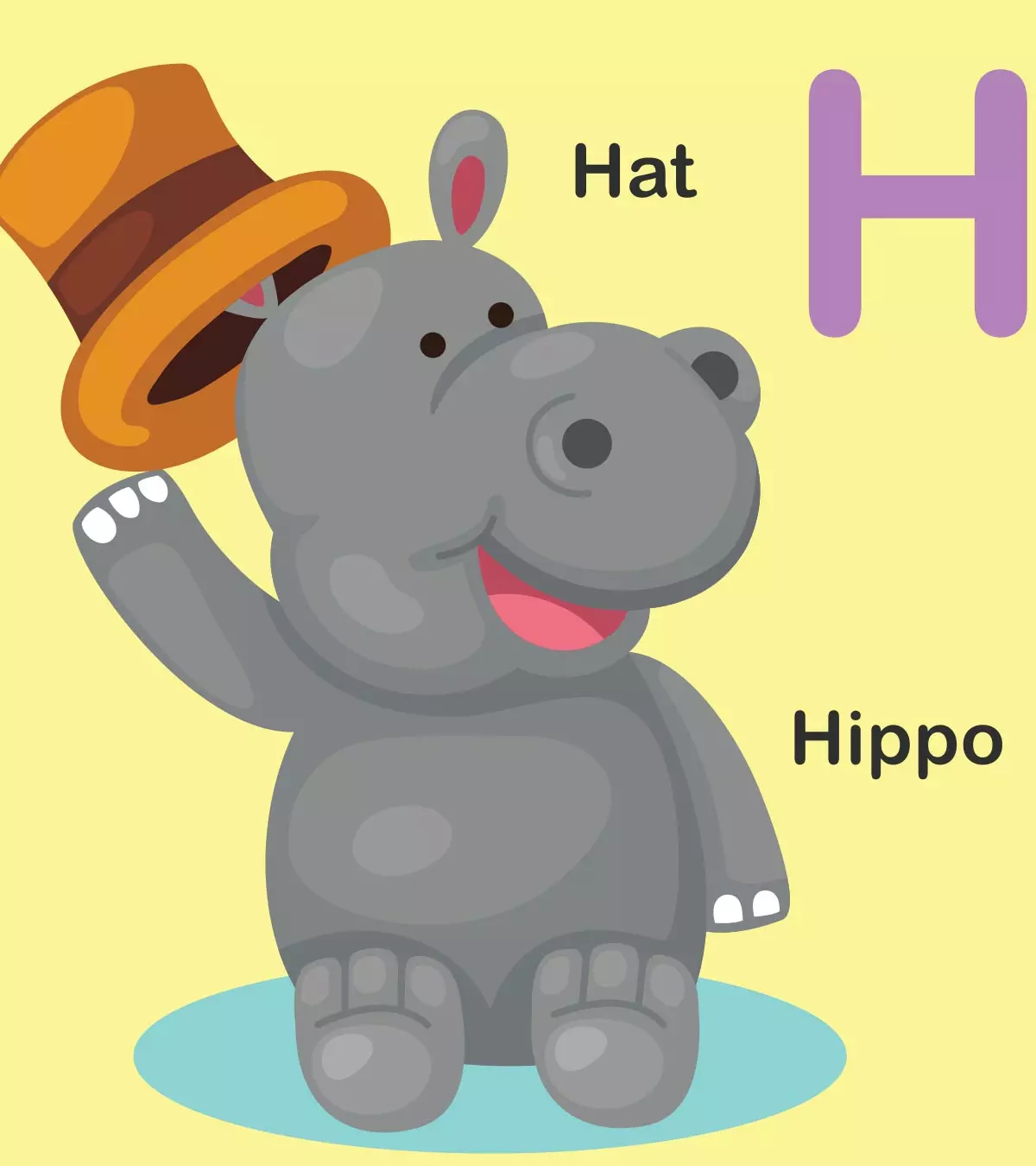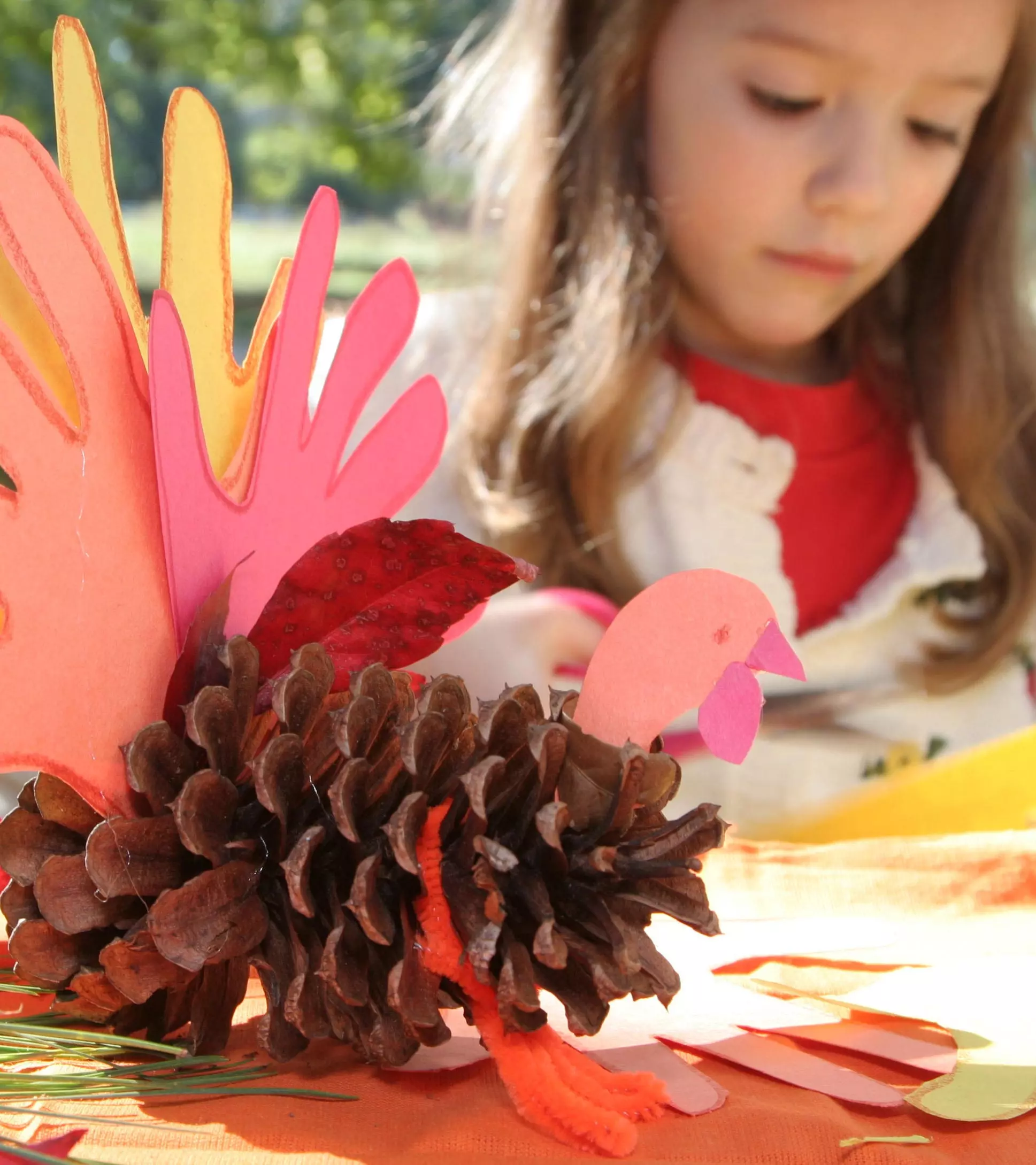

Image: ShutterStock
If all it took to get your little one to obey you were a strong “no,” parenting would be a delight, and you wouldn’t have to wonder how to discipline your toddler with less drama. But, as we all know, toddlers aren’t like that in real life! As a parent, you may have heard of many ways to discipline a toddler; however, you may wonder if those methods are effective or appropriate.

This post outlines some practical strategies and disciplinary approaches for managing your toddler’s tantrums and meltdowns and offers advice on some strategies to avoid while disciplining your toddler.
How To Discipline A Toddler?
Disciplining toddlers is a gradual process and requires constant effort. Here are ten steps to ensure optimum success:
1. Choose the right time to start
- Select a phase when your toddler is least susceptible to stress and the most receptive to instructions.
- Avoid initiating a discipline plan when your toddler is sick or likely to feel stressed, like when you are moving to a new place.
Ensuring your toddler is in a comfortable situation minimizes the risk of meltdowns and also the chances of tantrums.
2. Begin with basic instructions in a kind tone
- The disciplining process should begin by giving your toddler basic instructions.
- Give instructions that convey the actual reason why he should not do something.
- Discipline is a form of teaching
- Use a firm yet a kind tone of voice. Do not yell or sound harsh.
- Explain. Let your child know when something is wrong, to help him understand why they can or cannot behave in a particular way.
- Toddlers may not always understand the meaning of words, but they get the intent via your tone. For instance, a toddler may not know what it means to be rude, but the tone of your voice and the word will suggest that he is doing something that is unacceptable.
- Be mindful that in the middle of a tantrum your toddler will likely not be able to listen well or process the words themselves
3. Allow the toddler to face natural consequences
- Set limits on your toddler’s behavior. Help him to understand that behavior has consequences.
For example, if the toddler keeps scattering toys all around the home, very soon he may misplace one and not find it. If he throws or breaks the toys, soon, he will not have any toys left to play with.
- Letting children face natural consequences (as long as it does not put them in danger) will let them know what will happen when they do something they are asked not to.
4. Set guidelines
Allowing the toddler to face consequences lays the foundation for setting expectations.
- Make logical yet simple guidelines that your toddler is likely to understand.
- Every family will have its own set of expectations. The important part is consistency. If your family feels that putting away toys after every play period is important then let your toddler know. Other families may feel that some mess during the day is OK and expected.
For example, if your toddler repeatedly scatters toys around the house, then tell him that he cannot play with toys that don’t go back into the toy box. Stay true to your word and keep away the toy for a couple of days and give it back the third day. This will help your child realize that indiscipline will not be tolerated and he/she has to abide by the rules set by parents.
- Set rules even for getting new toys or food items.
For instance, in some families a toddler gets a new toy only for special occasions and birthdays. In other families, a small token may be used to acknowledge good behavior in a stressful situation.
- Setting expectations can create a win-win situation. It helps you calm the toddler while they also realize that he can have what they want not always but within the limit of the expectations.
Always set realistic guidelines and conditions that are not harsh for the toddler.
5. Acknowledge your toddler’s feelings
- Acknowledge your child’s feelings to let them know you care and are not ignoring them.
For instance, if he displays frustration once a playdate ends, say “mama understands you want to play more, but playtime is over, and it’s time to eat your meal and go to bed.”
Empathizing does not mean you give in. But you may need to wait until your child calms down in order to explain the expectations. In the heat of a meltdown a toddler often does not have access to their usual thinking skills.
6. Consistency and reinforcement
- Your expectations should be consistent whether at your home, the shopping mall, or their grandparents’ place. But be mindful of the stress of the situation in guiding your own expectations. For example going grocery shopping with your toddler when they are tired or hungry or have been away from you at daycare all day will tax them beyond their capacity to listen and hold it together.
- Consistency teaches the toddler that expectations are reliable but an ability to be flexible teaches him that you are paying attention and mindful of his feelings and experience.
- A consistent observation of expectations among different caregivers can help a child to feel safe.
7. Praise within reason is important
- Praise for specific behavior can reinforce positive behavior. Rather than the generic “you’re being good” say something like “you played quietly while mommy was making dinner and that was very helpful.”Catching the toddler doing something good and appreciating them for it is called ‘time-in’. This tells the child that they will get attention and rewards for good behavior(1).
- While some toddlers may be too young to appreciate a sticker chart, as they get closer to preschool age you may use one to reinforce following expectations.
8. Set an example
Toddlers learn through imitation. Their behavior is based on how the adults, especially their parents, behave around them. So if you expect your toddler to behave well, you have to be the role model for good behavior.
Do the things you want your child to learn from you, and they’ll take a cue and follow you.
9. Rework strategy when needed
- If your toddler does not seem to follow the expectations or has found a way to go around them, then it is time to re-examine the situation.
- Often difficulty listening has its origins in reaction to stress, form simple things like being overtired, to more complex issues such as a new sibling, a move, or ongoing conflict between parents.
- Modify your expectations in keeping with your toddler’s developmental level. Each child has a different developmental path. If for example your toddler is later than average to speak and comprehend language, you will have to adjust your expectations until their language skills mature.
How To Handle Toddler Meltdown And Tantrums?
Meltdowns and noisy tantrums are what you are left with when your toddler is overwhelmed with big feelings that he cannot manage:
1. Use distractions
- Distractions work for younger toddlers before their level of frustration has escalated to the point where they cannot listen. Whenever you anticipate a meltdown, turn your toddler’s attention to something that catches his curiosity. For example, you can say “Look what the dog is doing?” “Oh, what is that shiny thing in the sky?” or “Did you hear that? Where did that noise come from?”
2. Stay with your child
- Meltdowns and tantrums are a sign of helplessness. . They communicate that a child is not able to regulate his big feelings. The best way to handle them is to remain a calm presence and let the tantrum run its course. Make sure your child is safe but do not try to reason with them in the middle of a meltdown.
- Never leave a child alone during a meltdown
- Once your child has calmed down enough to listen, explain that you love him but that, for example, it is time to go home from a playdate. (2).
3. Timeouts
- Note that a timeout is not a punishment, but only some time and space given to the child, to cool down.
- Find a place in your home that is not their room, such as a corner of a common room. It can be helpful to face a window as looking outside can help you to calm down in the heat of the moment.
- Many children will not sit and it can be helpful to sit behind them with a firm yet gentle hold. Set a time-limit for the timeout. The American Academy of Pediatrics states that the minutes of timeout correspond to the toddler’s age (4).
- The time out should be very specific and only for behaviors that will result in the child getting hurt or hurting others, such as slamming a door or running away.
- After the timeout, offer reassurance that you love your child. Do not continue to explain or discuss what he did wrong. Let the toddler get back to play. You can discuss the behavior with the child if you think he’s up to it, but not immediately.
4. Offer simple choices
- Sometimes giving basic choices is the best way to avoid unnecessary tantrums and outbursts.
For example, instead of asking the child to pick a toy from a list of ten, ask him to pick between two: blocks or a toy train. At breakfast, ask if he wants cereal with milk or puree.
- Simple choices provide basic control over some decisions in life. It helps the young child understand that it is not always his parent’s way and that his opinion also matters.
- Simple choices can sometimes help defuse even the most difficult matters quickly.
5. Keep temptations away
- If a treat or a toy that the child likes is causing the drama, removing it from the picture can eliminate the tantrum too.
For example, if the toddler wants to play at a time when he should be sleeping, then store away his toys just before bedtime.
6. Help your child manage their natural aggression
- Anger and aggression are healthy normal experiences. When children learn to regulate their aggression it helps them to be successful in many aspects of life.
- If the toddler repeatedly tends to get aggressive, then politely ask him what is making him so frustrated, to try and eliminate the cause.
- Clear limits on behavior that can hurt the child or others around him will help him learn to manage his aggression. Reflecting back his feelings with your own words teaches him to give words to his feelings rather than acting them out. The calm presence of the parent during a stressful moment can help a toddler to feel safe with his big emotions.
- If your child frequently exhibits hitting or hurting behavior, or his meltdowns are so frequent that they are interfering with the functioning of your family, he is probably communicating that he is stressed beyond his ability to manage. In this situation, do not hesitate to seek professional help (4). Speak with your pediatrician and consider a consultation with a therapist. Disciplining a toddler and managing a tantrum often take a toll on your patience. You may lose your cool, behaving in a way that feels out-of control to you and is not helpful for your child.
What Not To Do To Discipline A Toddler?
No matter how frustrating the situation gets, remember the following points of self-control:
- Never strike or spank the toddler: Striking and spanking your toddler will be of no help and makes matters worse. It sends the message to the toddler that it is okay to strike someone you love to make them do something. If you are angry or if you think you’ll have an outburst, ask your partner or a family member to take over and handle the toddler, so that you can take a break.
Calm down, take deep breaths, and remind yourself that your child is only a toddler and will act out sometimes. You are the adult in the relationship and must patiently guide the toddler, while also being an example for him.
Spanking is wrong and shunned by the pediatric experts (5). Spanking can leave psychological scars, and research has shown that toddlers who get spanked regularly have mental health issues, including susceptibility to violent behavior and substance abuse (6).
- Do not resort to harsh words or language: Even if the toddler gets on your nerves, avoid using harsh words and language. Toddlers learn from parents, and you do not want him to think that it is okay to be harsh.
- Never withdraw essential requirements: While you can take away a toy or give the child a timeout, never deprive him of a meal. Toddlers are still growing, and food and rest are vital for their development. Depriving food or even playtime can be detrimental to a toddler’s health and is perhaps the worst way to teach positive discipline to a preschooler.
The bottom line is: never strike the child. But if there comes a moment when you lose your patience, apologize. Experts state that it is okay to apologize, forgive yourself, and start all over again on a clean slate (7). But repetitive striking and apologizing won’t work. If you find that you are losing control of your own emotions frequently, practice self-care with such things as yoga, walking with friends or psychotherapy.
Frequently Asked Questions
1. At what age do toddlers understand discipline?
Toddlers up to the age of two years may only understand a firm “No.” It takes about three years for children to start to differentiate between what’s acceptable behavior and what is not (8) (9) .
2. How do I deal with a stubborn toddler?
Approaches may help include (10):
- Avoid dismissing their demands (saying no) too often.
- Give them choices if possible so that they feel more in control. For e.g., choice of clothes, options for food.
- Identify the triggers for bad behavior, use positive words, and praise their good behavior.
- However, do not keep negotiating in situations such as a child refusing to use a seat belt; giving in everytime may make the child believe that a tantrum will eventually fulfill their demands.
3. How does discipline affect my child’s development?
Discipline helps inculcate responsible behavior and self-control in children. Appropriate positive disciplinary measures help children learn about consequences and take responsibility for their own actions. Discipline encourages children to manage both their feelings and behavior and hence self-monitor in all situations (11).
Disciplining a toddler by hitting them is not an acceptable form of correcting them as it might have a negative effect on their behavior and personality. Thus, it is advised to set certain guidelines, start teaching them early, and set an example of the things that you want them to learn. Offering a distraction and staying with your toddler while they are having a tantrum or meltdown is important to help them understand that their feelings are valid. But using harsh words or losing your calm when your child is being moody is not advised.
References
- Disciplining Your Toddler.
https://kidshealth.org/en/parents/toddler-tantrums.html - Toddler Tips: Meltdowns Discipline and Rewards.
https://www.childrenscolorado.org/just-ask-childrens/articles/toddler-tips/ - What’s the Best Way to Discipline My Child?
https://www.healthychildren.org/English/family-life/family-dynamics/communication-discipline/Pages/Disciplining-Your-Child.aspx - Speaking of Psychology: Disciplining children effectively.
https://www.apa.org/news/podcasts/speaking-of-psychology/disciplining-children - Where We Stand: Spanking.
https://www.healthychildren.org/English/family-life/family-dynamics/communication-discipline/Pages/Where-We-Stand-Spanking.aspx - Childhood spankings can lead to adult mental health problems.
https://news.umich.edu/childhood-spankings-can-lead-to-adult-mental-health-problems/ - How to Discipline Your Child with Love.
https://www.urmc.rochester.edu/encyclopedia/content?contenttypeid=1&contentid=4586 - Effective discipline for children.
https://www.ncbi.nlm.nih.gov/pmc/articles/PMC2719514/ - Discipline and guiding behaviour: babies and children.
https://raisingchildren.net.au/toddlers/behaviour/discipline/discipline-positive-approach-babies-children - How to Cope with a Stubborn Toddler.
https://www.rileychildrens.org/connections/how-to-cope-with-a-stubborn-toddler - Discipline and children.
https://www.betterhealth.vic.gov.au/health/healthyliving/discipline-and-children
Community Experiences
Join the conversation and become a part of our nurturing community! Share your stories, experiences, and insights to connect with fellow parents.
Read full bio of Claudia M. Gold
Read full bio of Sagari Gongala















